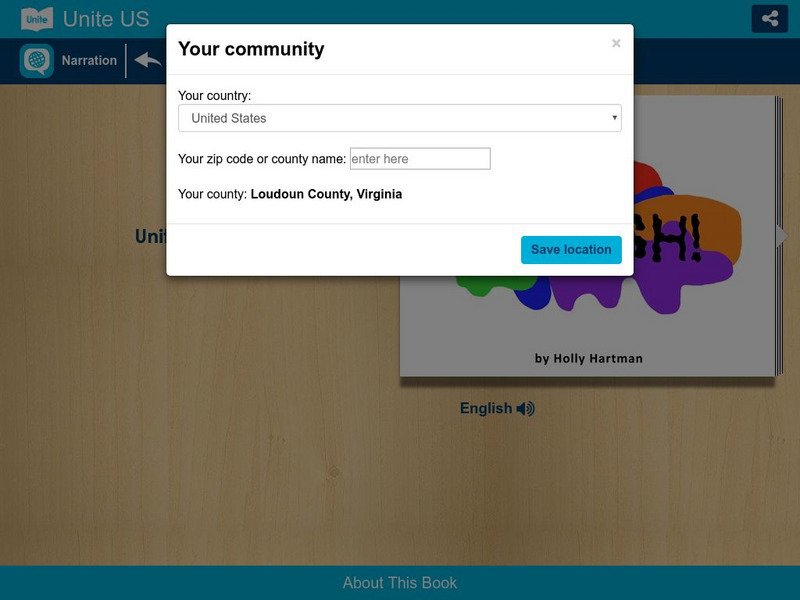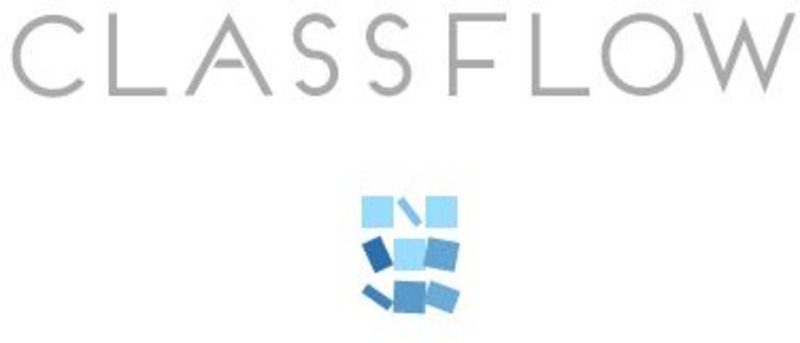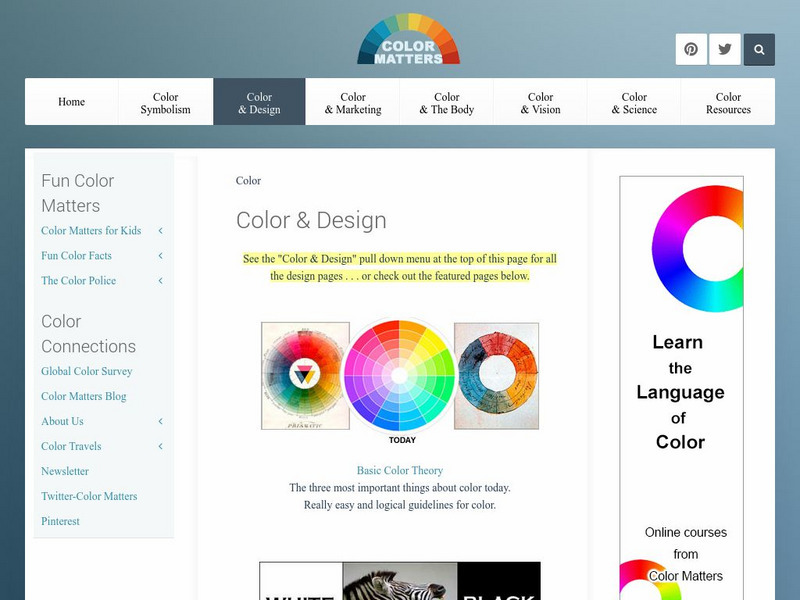Curated OER
Gee's Bend Quilts Two
Third graders identify the different types of lines. They name five new facts about the quilts studied, the women, and community of Gee's Bend and begin to stitch the pieces of the Quilt top together. When finished student put all their...
Curated OER
Diversity: Using Light to Filter Prejudices
Learners use physics to discuss diversity. In this social interaction lesson, students use their knowledge of colors and filters to relate it to stereotyping and prejudices.
Curated OER
Pumpkins
Third graders create a pumpkin lantern. They work in groups to illustrate the growth of a pumpkin seed. Students are asked what they think of when they see the color orange. They choice one person from the group to get a piece of...
Curated OER
Introduction to African Folklore
Pupils are read "Anansi the Spider" to begin their discussion on continents. Using a map, they locate the continent of Africa and the country of Ghana. They discover who the Ashanti people are and view examples of their artwork. They...
Curated OER
Suffering and Sunset: An African American Artist's Impression of World War I
Students study paintings by a Pennsylvania artist, Horace Pippin, to explore African-American contributions in World War I. They create presentations based on their impressions of the artwork.
Curated OER
Art Criticism for Elementary
Students view various pieces of art and identify their basic elements. Using the art, they present the elements to the class in a presentation. They answer questions and organize them into written form. They also write and reflect on...
Curated OER
Easter
Students study the holiday of Easter. They practice prepositions of place and instructions. They create an acrostic poem using the word Easter as a class. They decorate eggs, identify colors, and participate in an egg hunt. They...
Curated OER
Halloween Fine Arts Activities
Third graders demonstrate their understanding of crescendo. They achieve dramatic effect in singing the Halloween Song. They sing this song with a gradual crescendo from beginning to end.
Curated OER
A Christmas Lesson
Students review vocabulary for colors, clothes and face words. They practice matching the written form of a word with the spoken form of a word. They write the word that matches a picture flashcard.
Curated OER
Chemistry: Egg Sucking Experiment
Students discover simple gas laws by observing an egg sucked into an Erlenmeyer flask. When the flask is warmed, the egg is placed atop it. when both are placed in ice water, the egg slips into the flask. The procedure is then reversed....
Curated OER
HALLOWEEN - HOLIDAY FINE ARTS ACTIVITIES
The pupils will demonstrate their understanding of crescendo; to achieve dramatic effect in singing the Halloween Song (basic technique used to provide mood in Music).
Unite for Literacy
Unite for Literacy: Create and Play: Squish!
A book about the primary and secondary colors. Includes audio narration in 16 additional languages with text in English.
Minneapolis Institute of Arts
Arts Connect Ed Artist's Toolkit: Primary and Secondary
An interactive site that explores the elements and principles of visual art through the artist's toolkit. This lesson is on the color wheel and it studies both primary and secondary colors using Grace Hartigan's "Billboard." The...
ClassFlow
Class Flow: Color Mixing
[Free Registration/Login Required] This is an elementary primer to mixing colors in art and is a great resource for beginning artists with activity pages for kids to demonstrate their understanding of primary and secondary colors.
Other
Color Matters: Color and Design
This site discusses color and how it works in art, science, and the mind. Explore the many ways that color affects us.
Other
Mixing Mouse Tracks
This art idea is based off the children's book "Mouse Paint" by Ellen Stoll Walsh. A fun way to introduce young learners to the primary and secondary colors through simple mixing exercises.
NumberNut
Number Nut: Basic Topics: Shapes, Symbols, and Colors: Colors
A short explanation of how we see color and what each of the primary and secondary colors symbolize.
Science Struck
Science Struck: Color Spectrum Chart With Frequencies and Wavelengths
Read about the visible light spectrum and learn the frequencies and wavelengths for each of the primary and secondary colors.
University of Colorado
University of Colorado: Physics 2000: Temperature and Absolute Zero
A thorough, multipage discussion of color and color television sets that explains how an image is formed on the television using red, green, and blue light. Understandable discussion, excellent graphics, and many interactive Java applets.
PBS
Pbs Learning Media: Math + Arts: Shapes Into Sculptures
In this lesson, students will identify 2- and 3-dimensional shapes as well as create shape drawings and sculptures. Teacher materials are available.
Alabama Learning Exchange
Alex: Leo Lionni's a Color of His Own
Learners will summarize a Leo Lionni story through drawing and writing. Students will also mix the three primary colors to make secondary colors.
University of Manchester
Children's University of Manchester: Talking Textiles: The Color Wheel
Interactive resource explains primary, secondary, tertiary, and complementary colors, the symbolic content of color, and the relationship between color and mood.
Science Education Resource Center at Carleton College
Serc: Rainbow Milk
This activity is designed for students to learn that primary colors mixed together make secondary colors. They will also experiment with how fat and soap molecules repel each other in water.





















